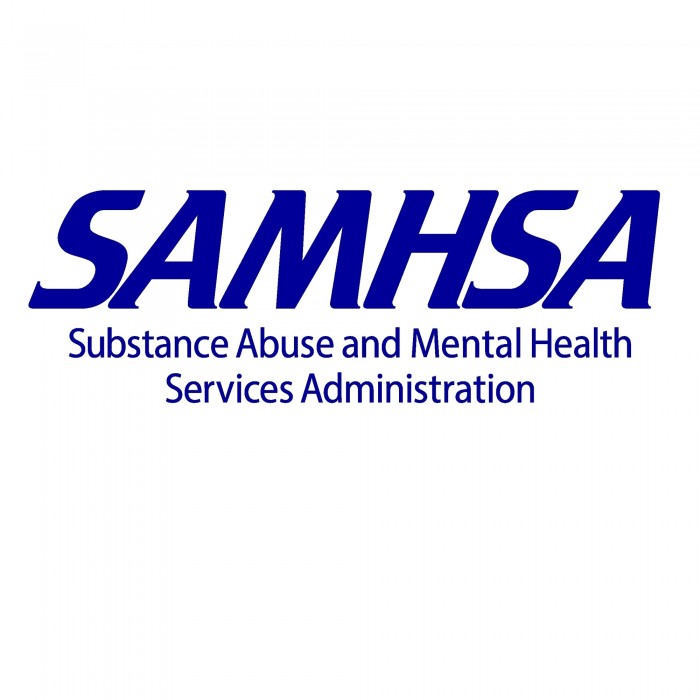The Pennsylvania Department of Drug and Alcohol Programs (DDAP), along with the Liberty Mid-Atlantic High Intensity Drug Trafficking Area, will again hold a virtual Psychostimulant Symposium December 1–2, 2021. The data continue to show a need for this interdisciplinary information sharing. Feedback from last year’s event was overwhelmingly positive, a direct result of the many excellent speakers and presenters.
Dates: December 1–2, 2021
Format: This is proposed as a one and a half-day virtual event featuring plenary and breakout sessions.
Overview: Both public health and public safety professionals require additional training and information to more readily detect these substances and better respond to psychostimulant overdose victims, and treatment professionals require additional tools to effectively treat patients who misuse psychostimulants. Strategies essential for detecting surges in psychostimulant supply and consumption can aid policymakers and agency leaders in directing resources where most needed.
Target Audience: Law enforcement, criminal justice, health care providers, emergency medical services personnel, drug and alcohol prevention and treatment providers, Single County Authorities (SCAs), government officials, public health professionals, harm-reduction organizations and other interested stakeholders.
Registration: Attendance is free, but pre-registration will be required and limited. More information will be forthcoming.
More Information: Please visit our web page for information about our 2019 and 2020 PA Psychostimulant Symposium.
Proposals to present at this year’s event or questions can be submitted by emailing PA Psychostimulant Symposium on or before June 1, 2021. Proposals should include:
- Proposed topic
- Relevance of topic
- Presenter knowledge/credentials
- Engagement strategies















